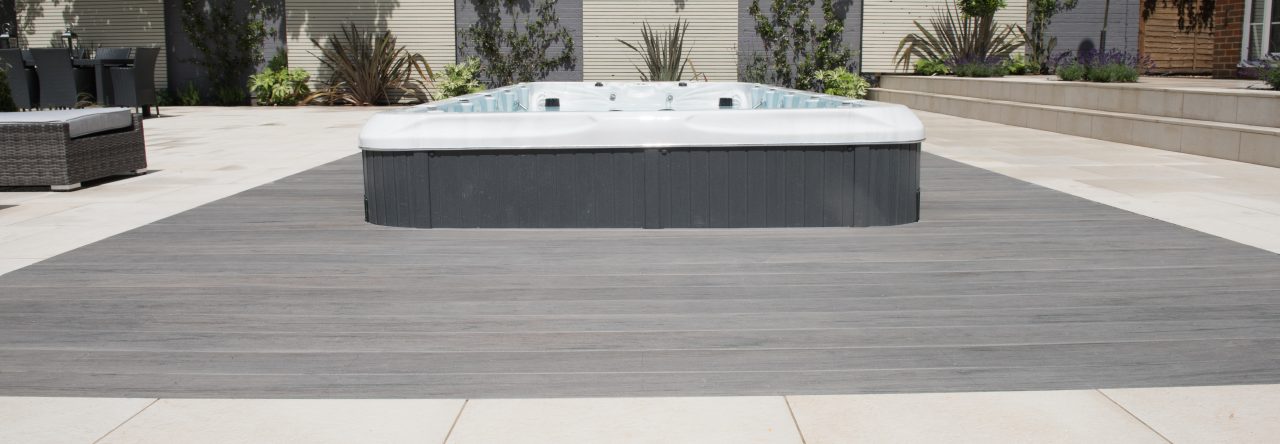A patio traditionally refers to an inner courtyard of the house which is used for dining or for activities such as play, that amuses, diverts, or stimulates, it can either be detached or attached from the house. While a deck refers to any outdoor platform, more especially with a flat surface that can be walked on mostly, it can be a balcony, porch, or a rooftop. There has been great difficulty in the past and recent days on deciding which is better of the two because of the significant similarities. Still, they also have differences, but mostly, it’s the land terrain or the choice of architecture, which dictates the option to be undertaken. You landscaper will discuss the available options to you prior to beginning the work.
However, according to research done, patios are less expensive as compared to the decks. Still, the ROI, [which is used to directly measuring the amount of return from an investment’s cost] of a deck, runs higher than that of a patio. This comparison on the cost is made by comparing the final determinants by considering the prices of the materials used, the land terrain or slope, and the amount of capital used to pay the skilled personnel who install the patio or deck. Keep in mind that on a steep hill, a deck will mostly be preferred because it will be less expensive and decks can be installed on any land, and as for patios they are more of likely to be installed on grounds which contain a gravel base hence in this case a flatter space is required.
On the other hand, also patios need little maintenance than the decks, but depending on the materials used. In which case, composite decks are more preferred because they can mould and drew hence offering less cleaning as compared to treated pine decks. Decks are more expensive because they need more power to be stained with mud or other stains, washed and sealed every year to keep it in good shape. On the other hand, as compared to all patios, when choosing a less expensive patio, one is advised to choose a concrete patio. The stains can either be caused by dust, mud, or even from natural stains, for example, leaves from nearby trees.
Decks have a shorter lifespan as compared to patios, as wood can succumb to harsh weather conditions. For example, during the summer, the scorching sun, if not adequately regulated, can make the deck wood to crack; on the other hand, it’s advantageous as wood is a bad conductor of heat; hence, wooden decks naturally absorb and retain less heat. High amounts of rain also can make wood rot over time by being invested by termites that feed on the wood or even discolour it if it’s not painted over a long period.
